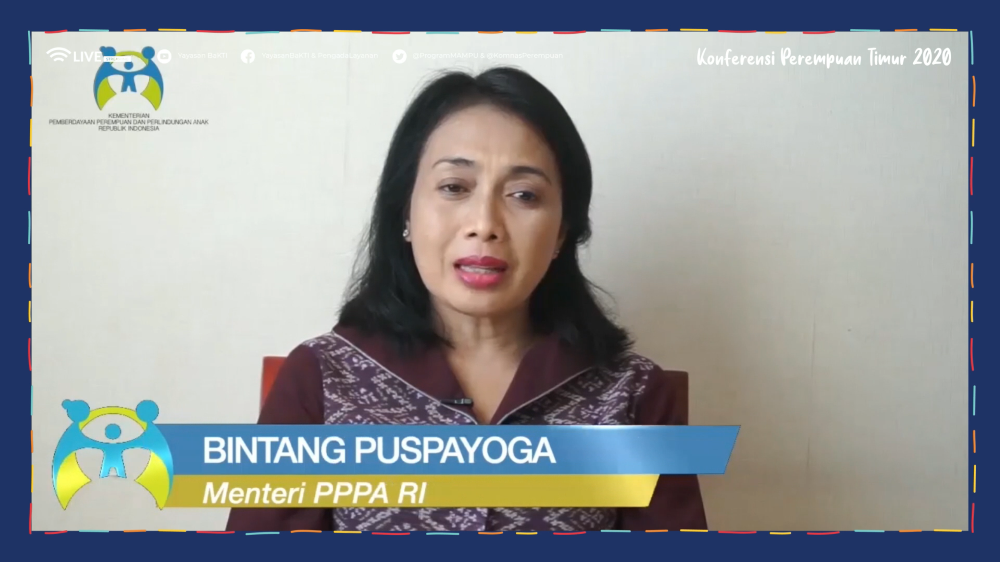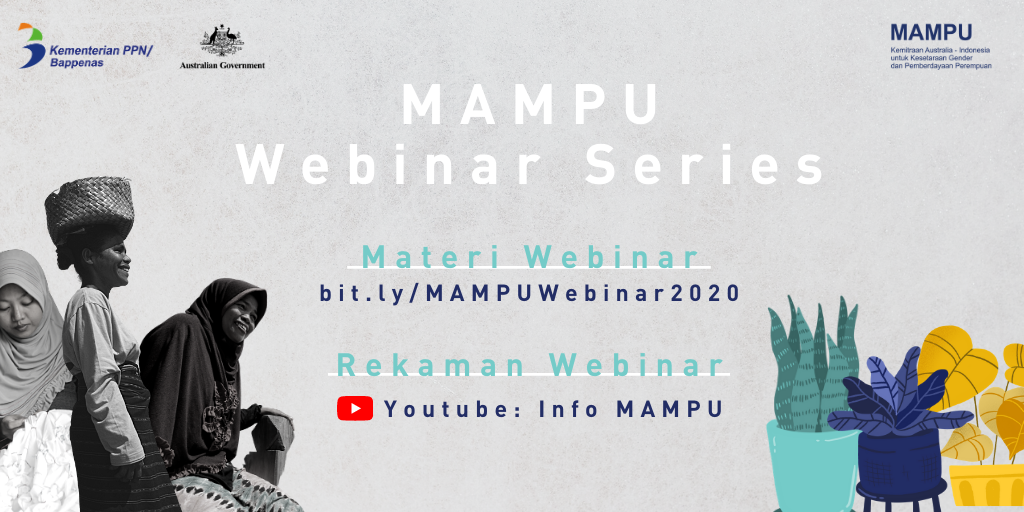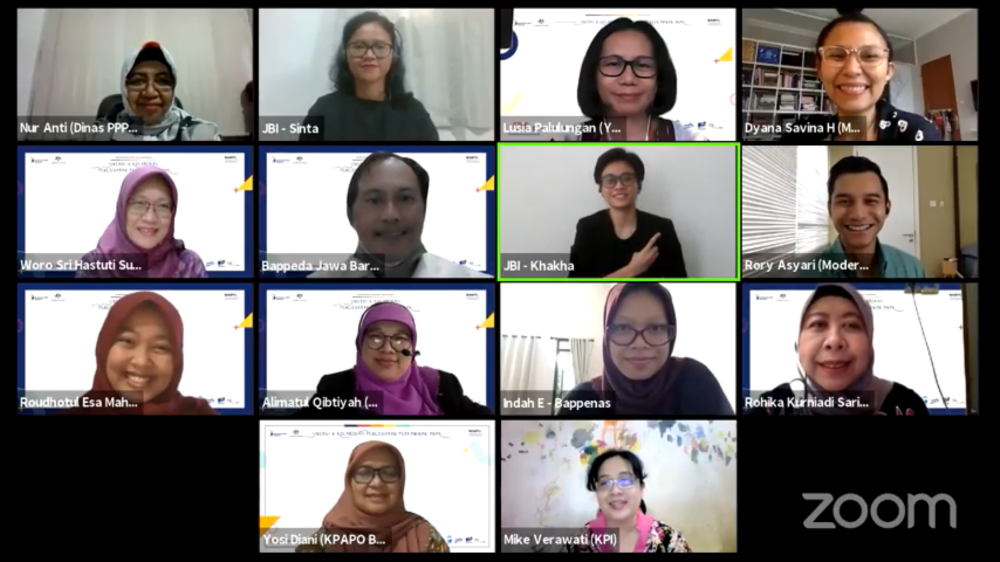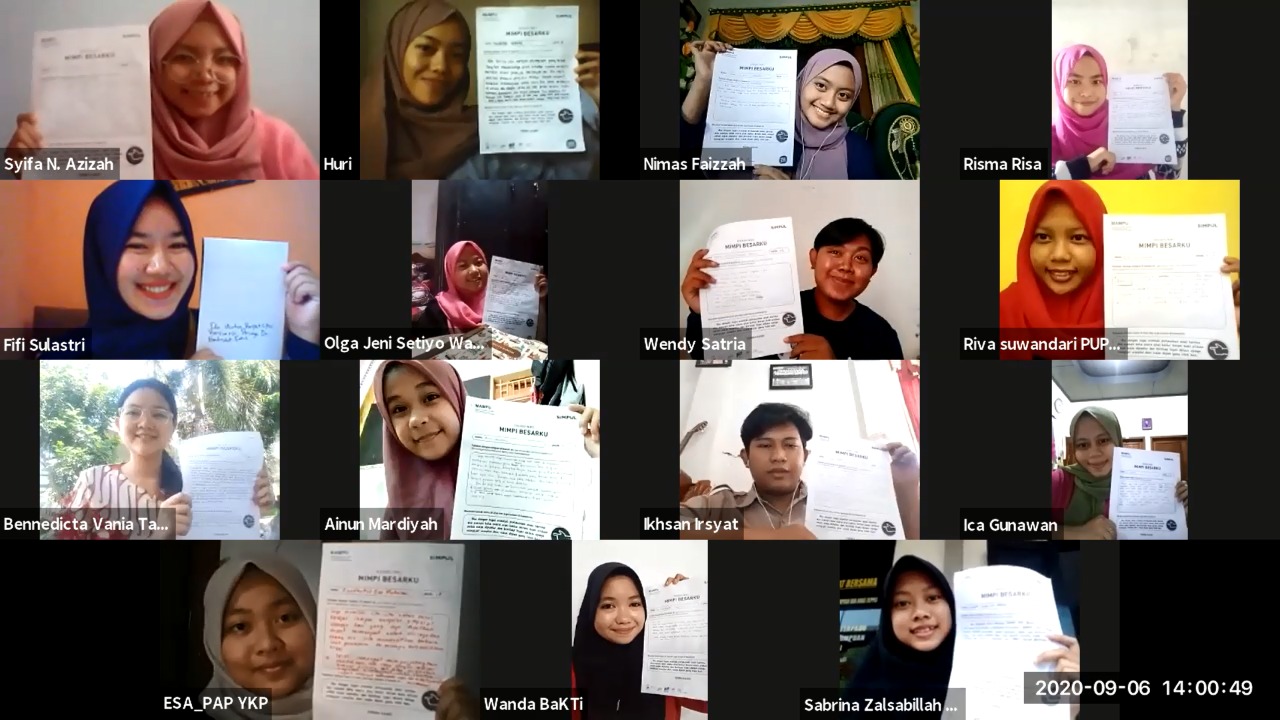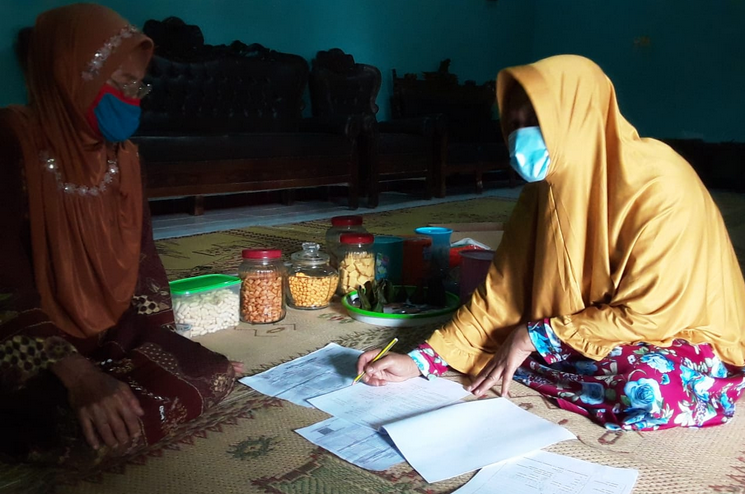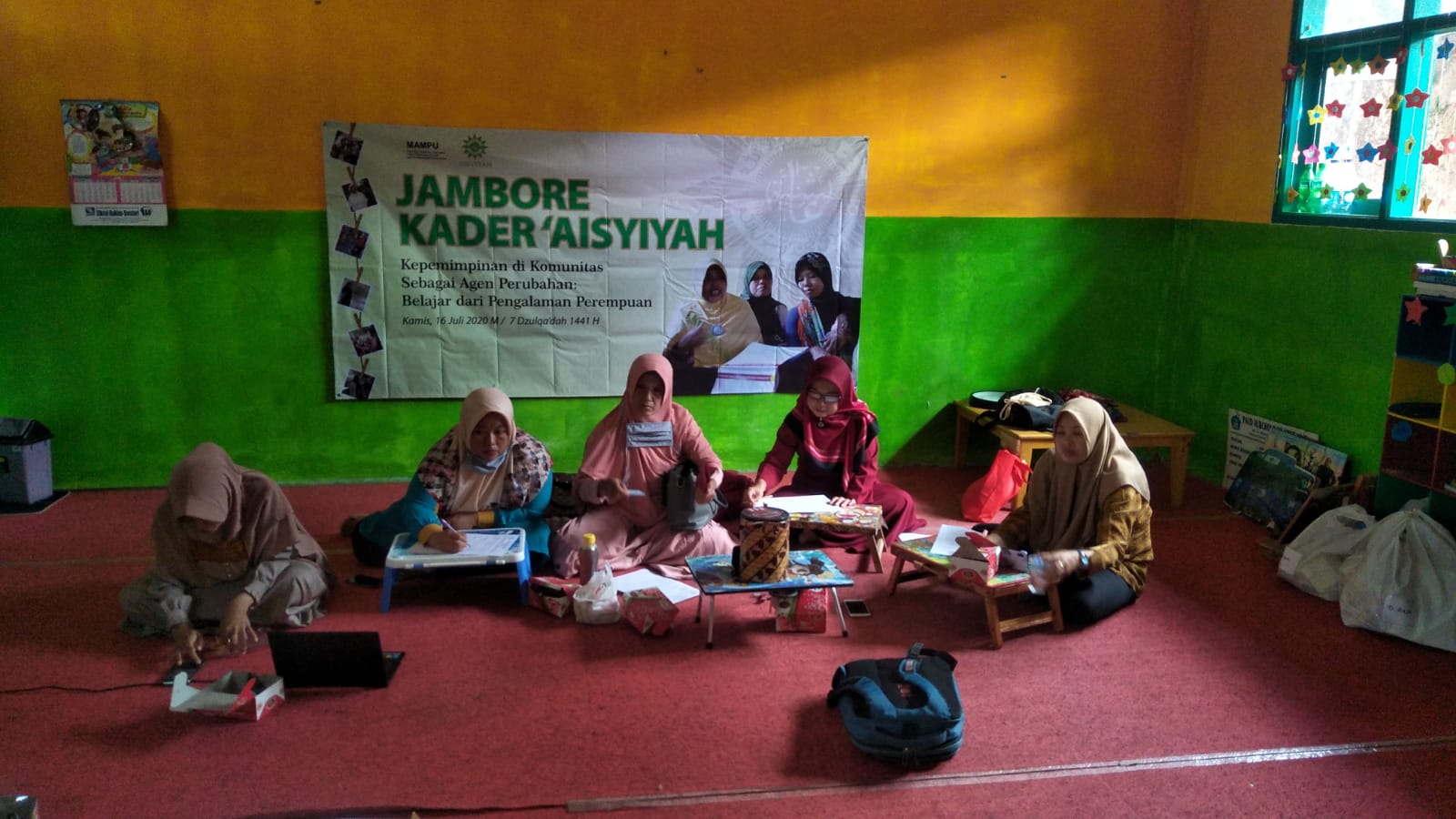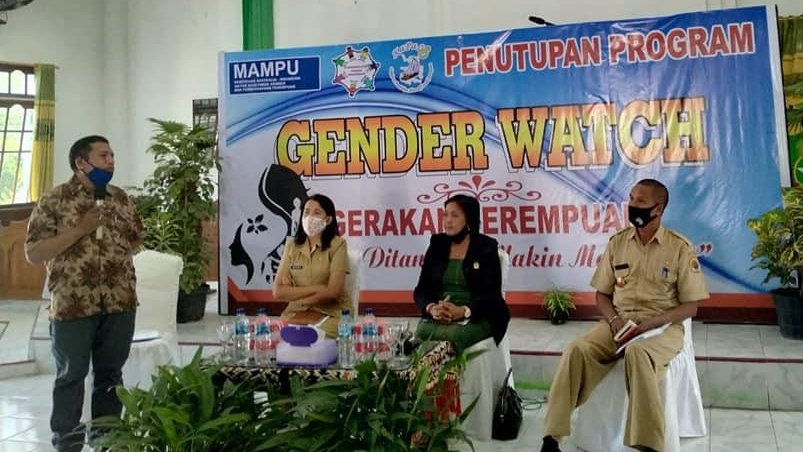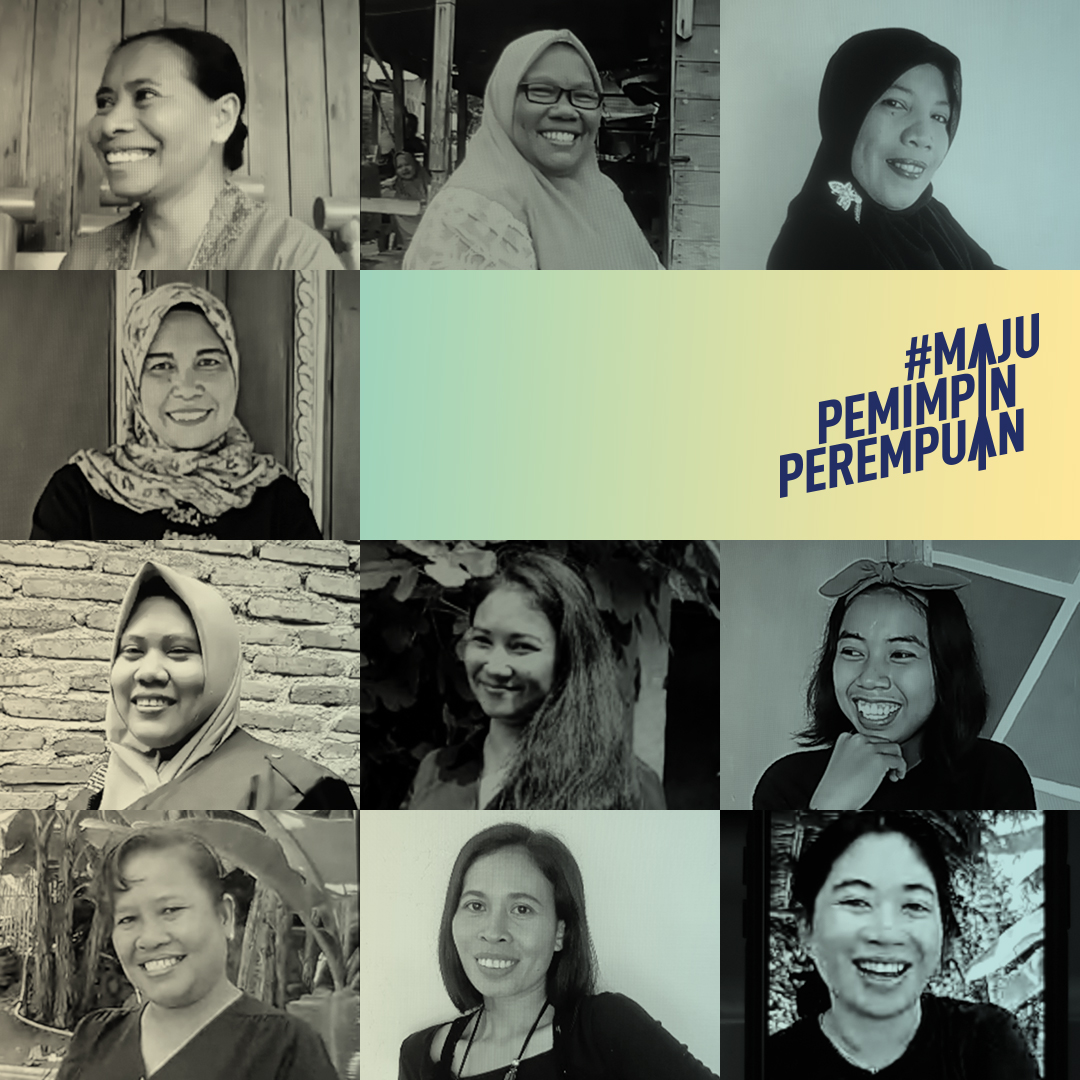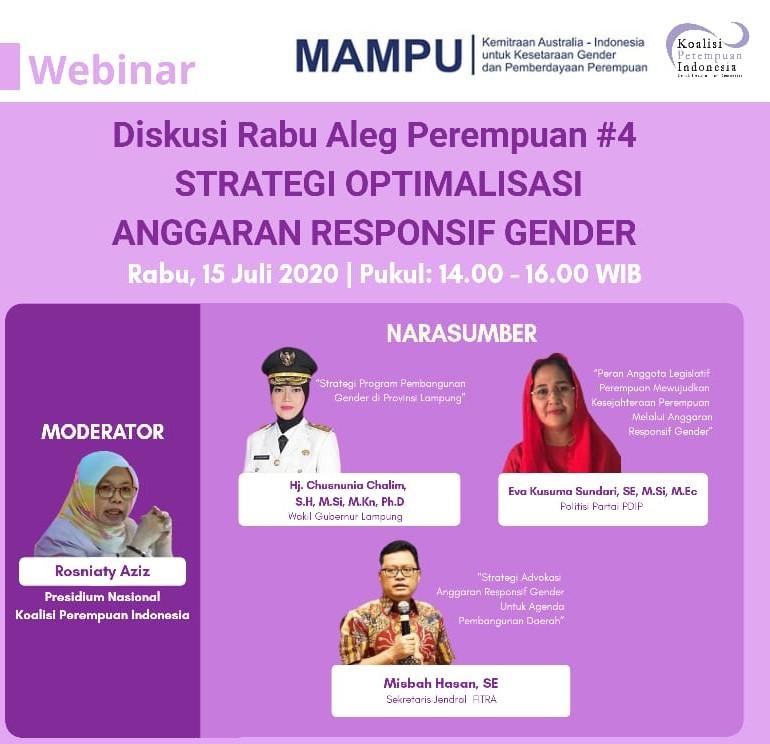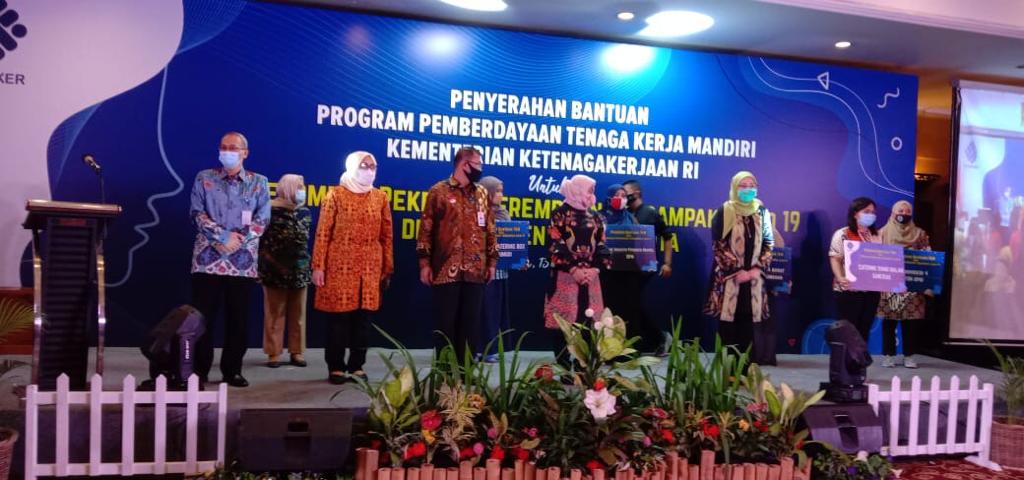Event
Parepare’s First Women and Children Musrenbang* Push Participation in Developmental Planning
6 March 2017Author: admin
Bappeda (Regional Development Planning Board) in the city of Parepare were innovative in the development planning process by implementing a Musrenbang(development planning deliberation) for Women and also a Musrenbang for Children for the first time on 1-2 March 2017, both of which were held at the residence of the Mayor of Parepare.
The Musrenbang for Women, which was held on the second day, was facilitated by Ibrahim Fattah of YLP2EM (translated as Research Foundation for Community Economic Development), and Ghufran H. Kordi and Ratna Puspita Yanti of BaKTI (translated as Foundation for Knowledge Exchange on Eastern Indonesia). The Musrenbang had 60 participants, consisting of women’s organizations, constituent groups, women’s business groups, women farmers, women fishers, women craftsmen, the PPA Unit (women and children services) Parepare police, representatives of women with disabilities, as well as planners from the organization of local bureaucracies (Organisasi Perangkat Daerah or OPD).
In his opening remarks, the Mayor of Parepare, Taufan Pawe, stated that women must be among those driving the progress of the city. “Parepare will be twice as advanced and twice as good because women and children have also been involved and engaged in development planning,” said Taufan.
A Space for Women
The holding of the Musrenbang for Women and Children was an innovation because, up till then, such deliberations had not really involved women as the subjects. Often, the presence of women at Musrenbang had been as representatives of the elite, or merely serving as administrators and providers and organizers of the food and drinks.
As a result, even with Musrenbang being conducted annually and being tiered, many women’s issues were not touched upon. The results of Musrenbang often did not benefit women, children, or other marginalized groups, because their needs were often not considered by groups of men. Moreover, frequently, planning and policy that are only formulated by men cannot solve the problems in the community, because they do not receive the input and perspectives of women and children as part of the subject of policy implementation.
For this reason, holding the Musrenbang for women and children was an innovation to be proud of. The policy of the municipal government of Parepare has been a breakthrough that is very valuable.
Efforts to open up a space for women’s participation in these forums had in fact been made by the municipal government through Regulation No.1 in 2010 which pertained to Local Planning and Community-Based Budgeting. However, the representation of women was still limited to the elite. In addition, proposals for women were not always accommodated in the planning documents.
In 2015, the Government ratified Local Regulation (Perda) No.12/2015 pertaining to the Protection of Women and Children. Article 10 c of this Perda obliges the government to implement preparations for a Musrenbang for Women and Children, which was then held for the first time in March 2017.
The methods used during the Musrenbang for Women and Children were more participatory, using techniques like brainstorming, group discussions, and presentations of the results of those discussions. The participants were divided into three groups, namely: (1) an infrastructure group, (2) an economic group, and (3) a social and cultural group. In the group discussions, the participants identified a wide range of women’s issues, analyzed ways of solving the problems, and made it a priority for these solutions to be accommodated in the planning documents.
The members of each group chose three people as their representatives to formulate and hone the results of the Musrenbang which were then taken to the Musrenbang at the level of the city of Parepare on 8 March 2017.
“Humanizing Development”
The holding of the first Musrenbang for women had some drawbacks nevertheless, including the limited time, the fairly large number of participants, and the group discussions that were restricted to just the three sectors that are used in a conventional Musrenbang.
These drawbacks were also recognized by E. W. Ariady, Head of Social Cultural Division at Bappeda in Parepare. According to him, as a first step, it is hoped lessons will have been learned for improvements to the Musrenbang in the years to come. “Looking ahead, the Musrenbang for Women should be held at the sub-district (kecamatan) level, so that the women representatives, particularly marginalized women, can be accommodated and they can be active participants in the Musrenbang.” This was the hope expressed by E. W. Ariady, commonly known as Edy.
Apart from a number of shortcomings of this first ever women’s Musrenbang, the fact the city government organized it should be appreciated. By giving space for women to be involved in development planning and policy formulation, the municipal government of Parepare has not only made a breakthrough in development, but has also been trying to “humanize development,” by opening up a space for various community groups.
Written by M. Ghufran H. Kordi K. (BaKTI)




